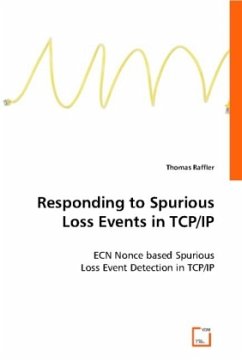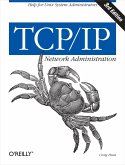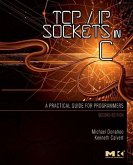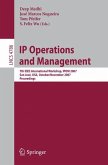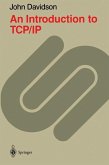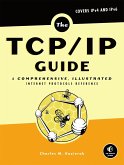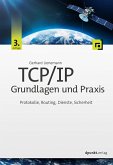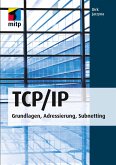The TCP Protocol is one of the core communication protocols in the Internet today. A lot of research is done in the past, to make TCP probably the best protocol of its kind. But there are some corner cases where TCP is improvable. Sudden delay spikes or reordering in the network can be misinterpreted by TCP as a spurious loss event. Such a loss is a sign of congestion in TCP. This causes the protocol to reduce the sending rate. Several mechanisms for detecting and reacting to spurious loss events have been proposed and the most important schemes are also described in this work.But all of them have some big disadvantages. In this work a completelly new solution for this problem is introduced. It shows that only a intelligently feedback from the sender (ECN nonce) is required to eliminate spurious loss events.
Bitte wählen Sie Ihr Anliegen aus.
Rechnungen
Retourenschein anfordern
Bestellstatus
Storno

